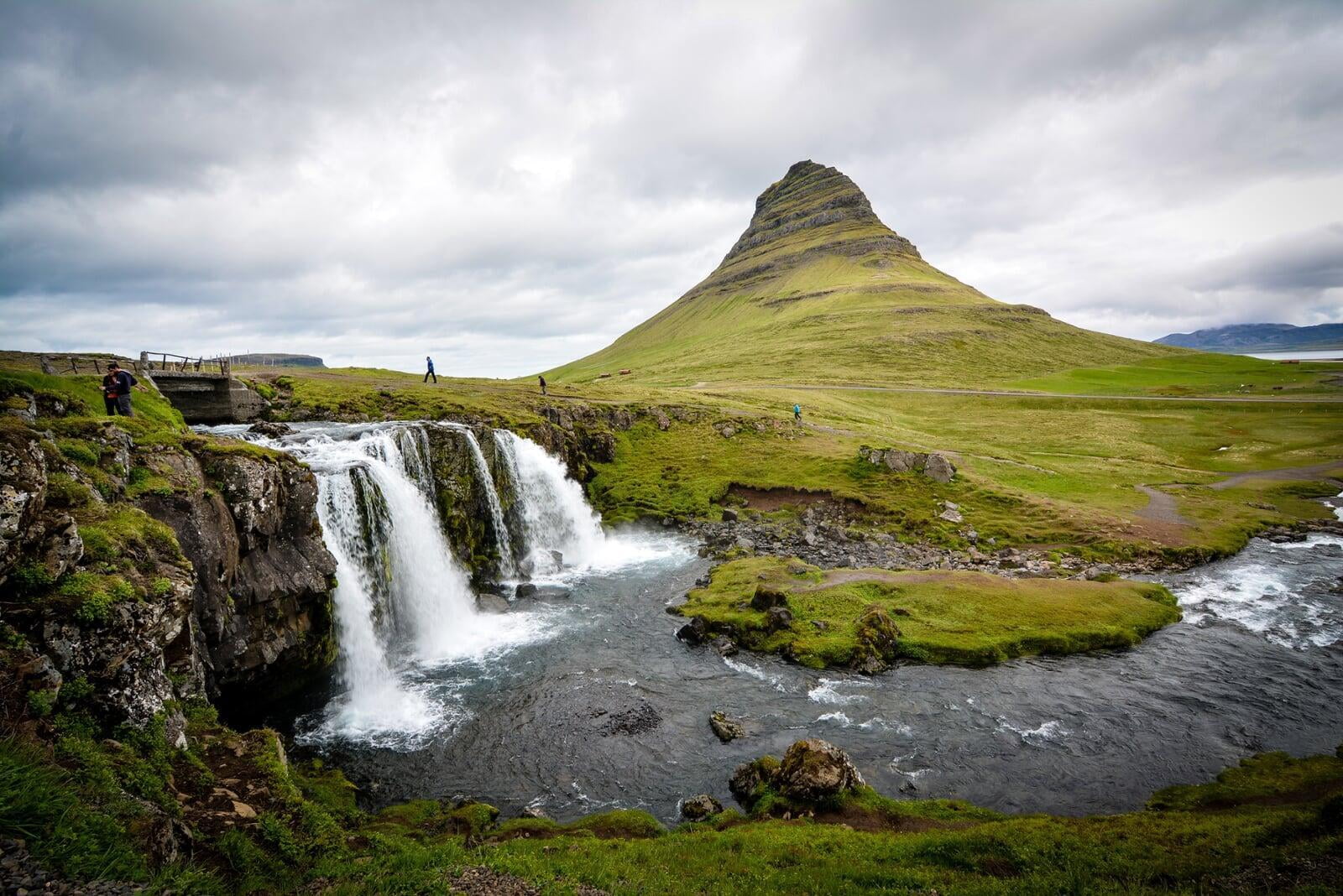
When it comes to planning a trip to Iceland, one of the most important decisions you'll make is finding the right accommodation. Whether you're looking for a cosy guesthouse, a luxury hotel, or a unique camping experience, Iceland has plenty of options to choose from. Here are the top five accommodations in Iceland that will ensure your trip is unforgettable.
Top 5 Accommodation Options in Iceland
1) Guesthouses
If you’re looking for an accommodation in Iceland that offers a more intimate and homey atmosphere than a hotel, then guesthouses might be the perfect fit for your trip to Iceland. Guesthouses are typically private properties operated by local families or small businesses. You will find these small-scale accommodations all over the country. From the outskirts of Reykjavík to charming villages and hamlets in rural areas, there is no shortage of guesthouses to choose from. Each guesthouse offers something unique to its guests. Whether you are looking for a luxurious escape with a hot tub and stunning views, or a more traditional experience with a friendly host and home-cooked meals, you can find it here in Iceland. In addition to its cosy atmosphere, staying at a guesthouse is usually quite budget-friendly. Prices vary depending on location, but in general, you can find great deals on rooms for as low as $50 per night.
2) AirBnBs
AirBnBs are a great way to experience Iceland like a local. Staying in an Airbnb can be a great way to get a taste of Icelandic culture and create your own little home away from home. Not only that, but Airbnbs are usually much more affordable than hotels and offer a wide variety of accommodations. From a small one-bedroom apartment to an entire house, you’re sure to find something that fits your budget and preferences. When it comes to selecting the right Airbnb, there are several factors to consider. You’ll want to look at the location, the size and amenities offered, the host’s ratings and reviews, as well as any additional fees associated with the rental. Be sure to read all of the details of the listing carefully so you know exactly what you’re getting for your money.
3) Hotels
There are a wide variety of hotels to choose from depending on your budget, ranging from luxury resorts to more affordable bed & breakfasts. Hotels typically offer amenities such as on-site restaurants, laundry facilities, and swimming pools. If you’re looking for a hotel stay that provides a home away from home, many Icelandic hotels are now offering extended stays. When booking a hotel in Iceland, be sure to take into consideration the location. Hotels located in Reykjavik offer easy access to the city’s attractions and entertainment, while hotels located outside of the city provide more peaceful and scenic settings. Additionally, many Icelandic hotels offer discounts for extended stays and large groups, so be sure to ask when making your reservation.
4) Hostels
Hostels can be a great budget-friendly option for travellers looking for affordable accommodation in Iceland. Hostels usually offer dormitory-style rooms, with shared bathrooms and a common area. Although they are not as luxurious as some of the other accommodations on this list, they are a great way to meet fellow travellers and make lasting connections while exploring Iceland. Most hostels will have a kitchenette that guests are welcome to use, and many offer free breakfast, Wi-Fi, and laundry services. Some also have additional amenities such as saunas, hot tubs, and bars.
5) Camping
If you’re looking for a truly immersive experience of Iceland, camping may be the perfect choice for you. From scenic views to having the freedom to explore Iceland at your own pace, camping can be an excellent way to get to know the country. There are plenty of camping spots to choose from throughout the country, from designated campsites to open grounds in nature reserves and national parks. Most of these locations provide amenities like running water, showers, and even onsite restaurants. You’ll also have access to basic cooking and eating equipment if you need it. It’s important to remember that most camping spots require prior reservation. This is especially true for campsites located within nature reserves, which often operate with limited capacity. Additionally, make sure to check local regulations regarding open fires and other camp activities before arriving.
